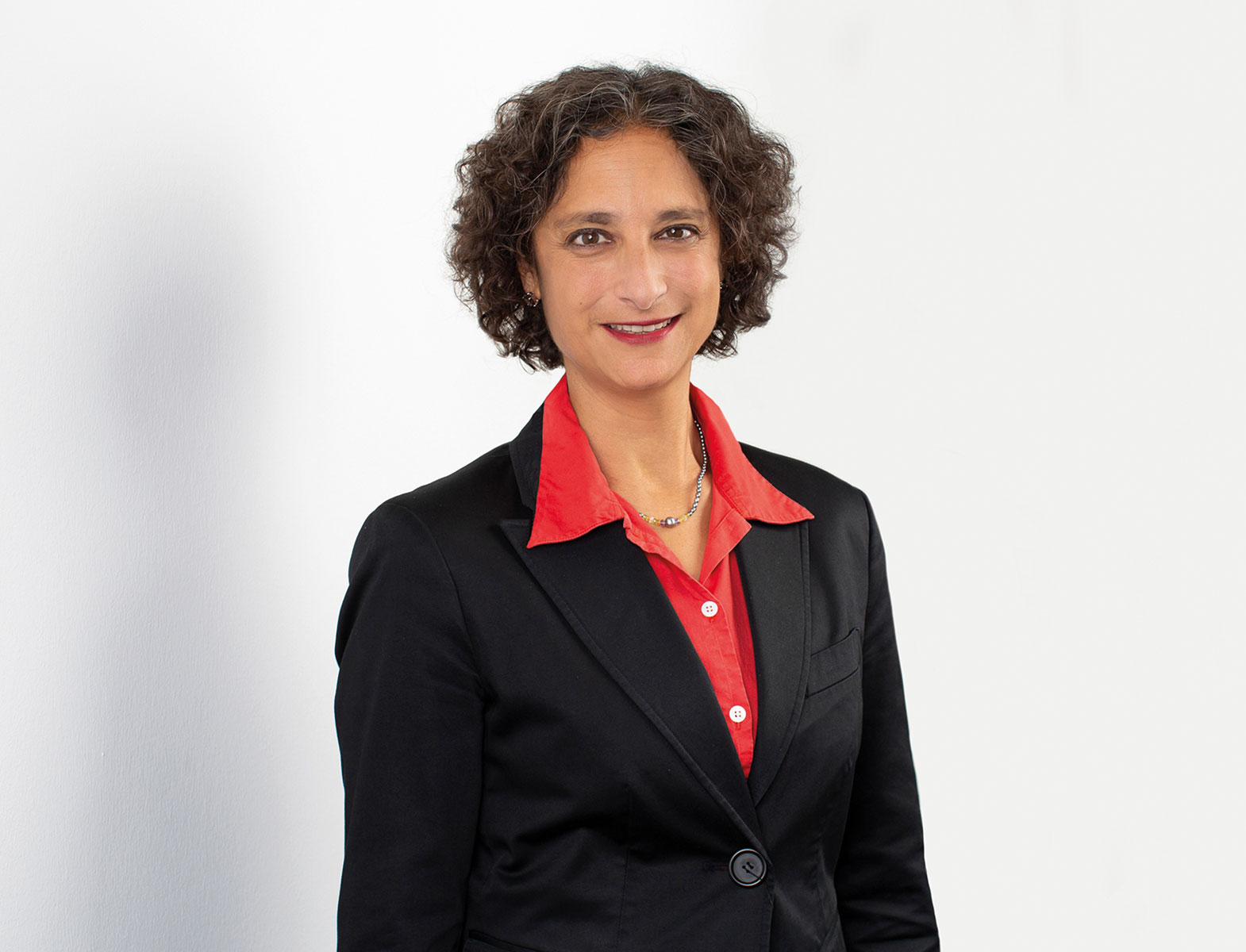You work on the “New Democracy” project at the Bertelsmann Stiftung. What do you understand by this term and why do we need a new discourse on democracy?
The full title of the project is “New Democracy – Protecting and Rethinking Democracy”. Democracy cannot be taken for granted and must be created anew every day – on a large and small scale. Everyone must contribute. However, as with so many social institutions, the practices and processes of democracy have become somewhat ‘outdated’. Fewer people are active in political parties, politics is struggling to recruit new members, and yet the will to get involved is still there. We therefore need to update the way democracy is practised. The core of the “New Democracy” project is about strengthening citizen participation as a supplement to representative democracy. This is done, for example, by building the skills of young politicians in municipalities and regions across Europe or through deliberative formats such as citizens’ councils. Here, citizens from a wide range of backgrounds come together to discuss an issue and develop recommendations. This kind of renewal and active participation in shaping democracy is needed to preserve and strengthen democracy.
The implementation of necessary transformation steps to overcome the climate crisis and their acceptance seem to be becoming increasingly difficult due to the polarisation in our society. Which instruments of our democracy could cushion this development in order to implement a socio-ecological transformation for a future worth living more quickly?
Current transformations and crises often trigger fear and uncertainty because they are associated with change. In addition, we live in a very complex world with globalisation, digitalisation and much more. Many people retreat to the familiar and tried-and-tested and reject the unknown. This leads to polarisation. How can this be counteracted? Deliberative participation formats are a very effective way of promoting understanding for other perspectives. I notice time and again that participants are very enthusiastic about discussing issues with other randomly selected people and finding solutions together. However, we cannot reach more than around 150 people with a citizens’ assembly. It therefore makes sense to institutionalise the core elements of random selection and deliberation (discussion/opinion-forming in small groups) and link them more closely to the political process
In addition to the European elections, there will also be several state elections in Germany in 2024, including in Brandenburg. To what extent do these play a role in your project?
With the “Forum against Fakes – Together for a Strong Democracy”, we launched a nationwide participation project on dealing with disinformation in January 2024. The tension between freedom of opinion and manipulated information plays a major role, especially in the run-up to elections. On the one hand, we want to raise awareness so that voters, among others, take a closer look before sharing news on social media. On the other hand, a citizens’ council is developing proposals on how to better deal with disinformation. We are combining this with broad online participation. The recommendations are aimed at the Federal Ministry of the Interior, among others, but also at the federal states and local authorities. We would be delighted if many citizens of Brandenburg would also participate online at www.forum-gegen-fakes.de!
The interview was conducted in February 2024.
Dr Angela Jain has been a member of the CCC Expert Council since 10/2022.
Picture: Britta Schröder / Bertelsmann Stiftung


